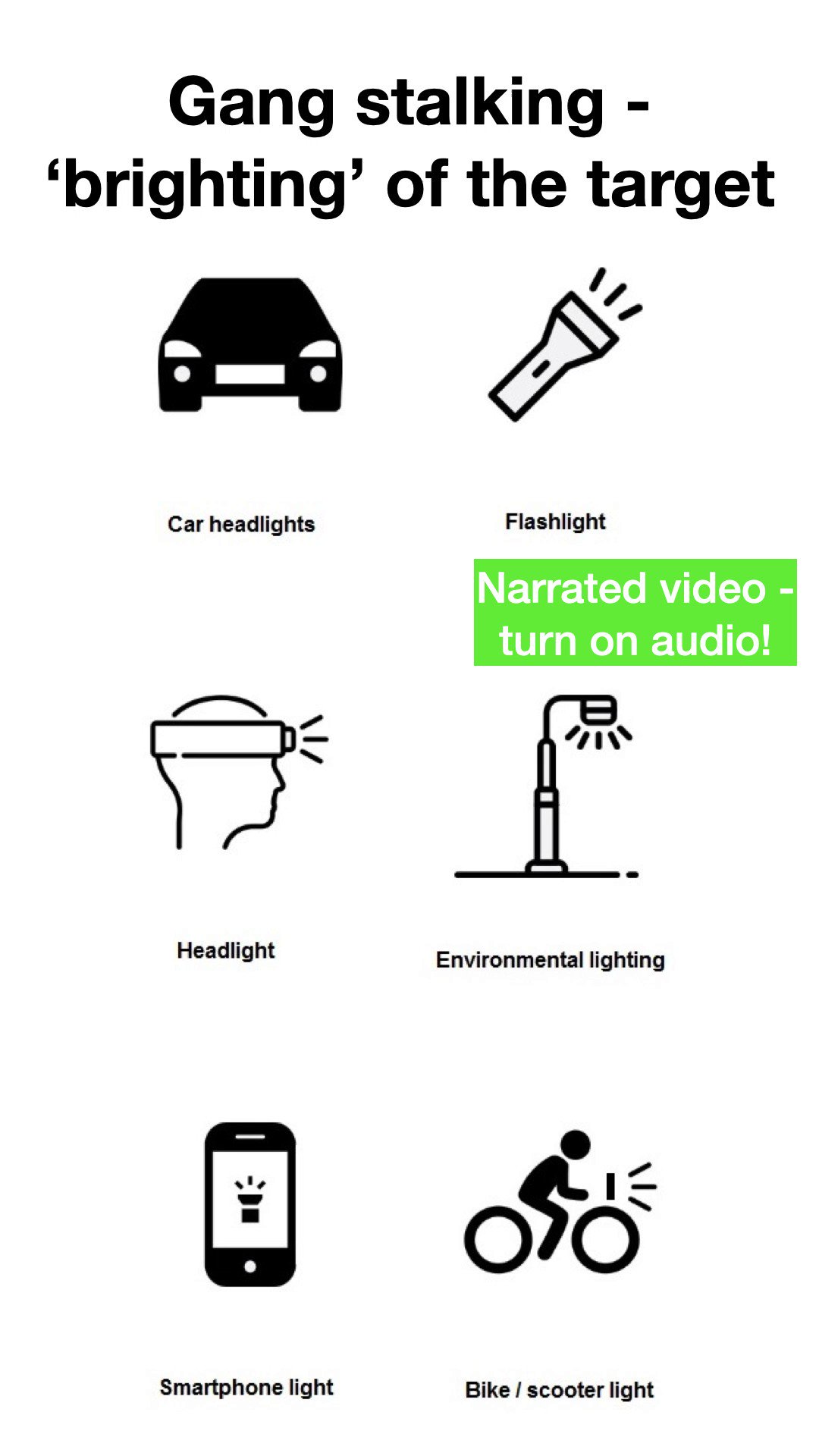Recognizing the Signs of Gang Stalking: A Comprehensive Guide
Gang stalking, a phenomenon where individuals report being systematically harassed and monitored by groups of people, remains a controversial topic. While lacking official recognition as a clinical diagnosis, the experiences of those who claim to be targeted are undeniably distressing. This comprehensive guide explores potential signs of gang stalking, emphasizing the importance of seeking professional help and understanding the complexities involved. It’s crucial to remember that experiencing some of these signs doesn't automatically confirm gang stalking; professional evaluation is essential.
What is Gang Stalking?
Gang stalking, also known as organized stalking, refers to the alleged systematic harassment and surveillance of an individual or individuals by a group of people. Allegations often include:
- Surveillance: Constant observation through various methods, including seemingly casual onlookers, vehicles following the target, and the feeling of being watched constantly.
- Harassment: This can range from verbal abuse and intimidation to property damage, cyberstalking, and psychological manipulation.
- Electronic Harassment: Claims of targeted microwave radiation, voice-to-skull technology, and other forms of electronic manipulation are common, although scientific evidence supporting these claims is lacking.
- Social Isolation: The target may experience a gradual breakdown of their social support network, with friends and family seemingly turning against them or becoming distant.
Identifying Potential Signs of Gang Stalking:
It's vital to approach this topic with sensitivity and critical thinking. Recognizing potential signs requires careful consideration and should not be used to self-diagnose. If you suspect you're being targeted, professional help is crucial.
Psychological Indicators:
- Increased anxiety and paranoia: A persistent feeling of being watched, followed, or threatened.
- Sleep disturbances and fatigue: Constant stress and fear can significantly impact sleep patterns.
- Difficulty concentrating and memory problems: The constant pressure of surveillance can impair cognitive function.
- Depression and isolation: Feeling alone and unsupported, leading to social withdrawal.
- Flashbacks and intrusive thoughts: Recurring memories of harassing incidents.
Physical Indicators:
- Unexplained injuries or illnesses: While not definitive proof, unexplained physical symptoms can add to the overall feeling of being targeted.
- Strange occurrences around your home: Finding objects misplaced, unusual noises, or signs of unauthorized entry.
- Vehicle tampering: Finding your car tampered with or followed.
Behavioral Indicators:
- Unusual patterns of traffic or pedestrian behavior: Noticing frequent cars or people lingering near your home or workplace.
- Coordinated harassment: Experiencing seemingly random, yet coordinated, instances of harassment from different individuals.
- Cyberstalking: Receiving threatening or harassing messages online, or noticing unusual activity on your social media accounts.
Seeking Professional Help:
If you're experiencing these signs, it's crucial to seek professional help. A therapist or counselor can provide support, help you develop coping mechanisms, and assess your situation objectively. They can also rule out other potential mental health conditions that might be contributing to your experiences. Consider contacting:
- A trusted therapist or counselor: A mental health professional can offer a safe space to discuss your concerns.
- Your primary care physician: They can assess your physical health and rule out any medical conditions.
- Support groups: Connecting with others who have similar experiences can offer valuable support and validation. (Note: exercise caution when choosing online support groups, as misinformation can be prevalent).
Important Considerations:
- Correlation does not equal causation: Experiencing some of these signs doesn't automatically confirm gang stalking. A thorough professional assessment is essential.
- Mental health is paramount: Prioritizing your mental well-being is crucial, regardless of the cause of your distress.
- Seek credible information: Be wary of unreliable sources promoting unproven theories or conspiracy ideas.
This guide provides a framework for understanding potential signs associated with alleged gang stalking. Remember to prioritize your mental and physical health, and seek professional help if you're concerned. While the topic is controversial, acknowledging the distress experienced by those who report gang stalking is paramount. The information presented here is for educational purposes and should not be considered a definitive diagnosis. Always seek professional guidance.

